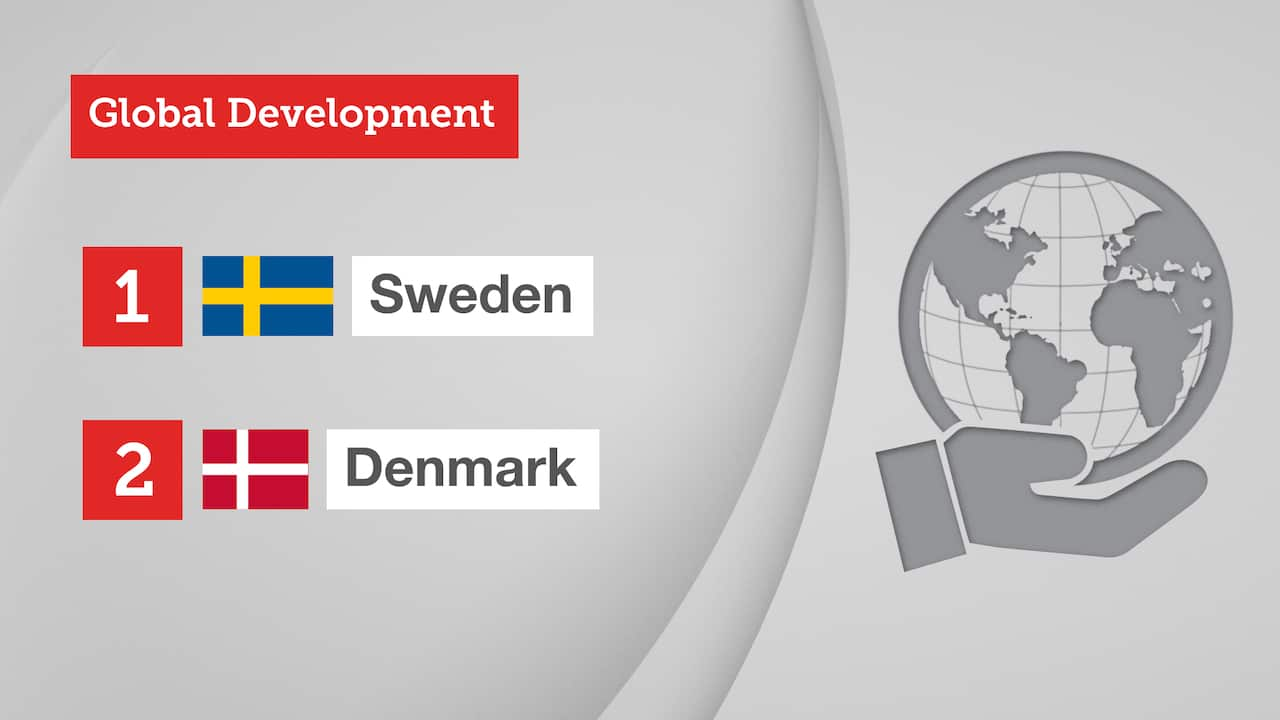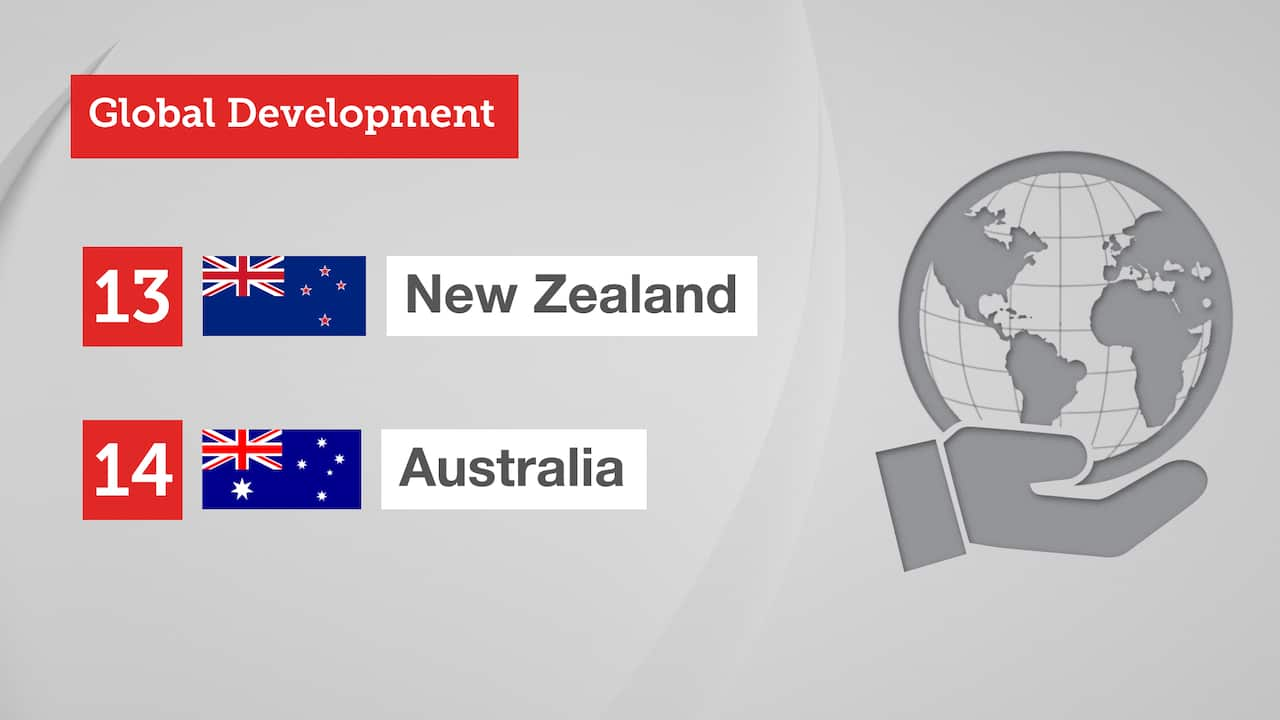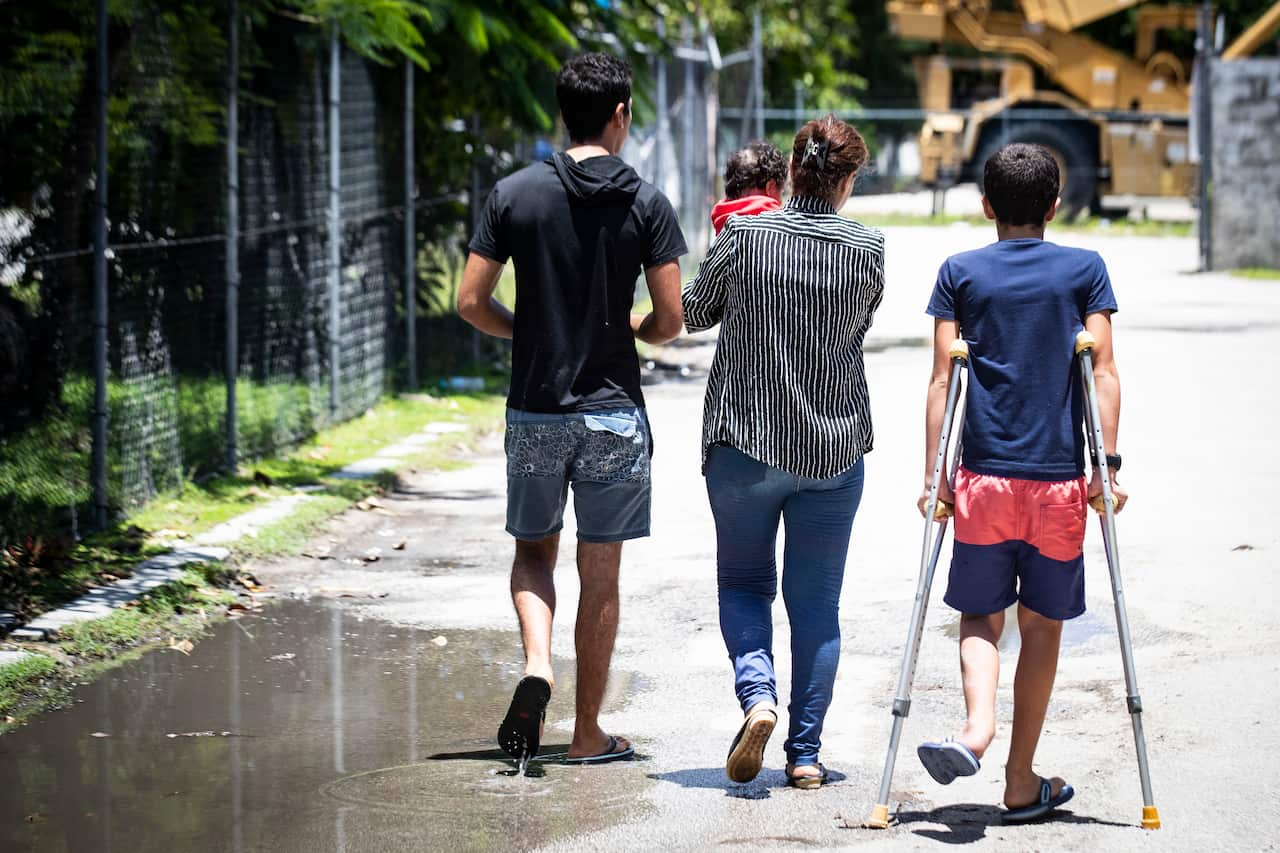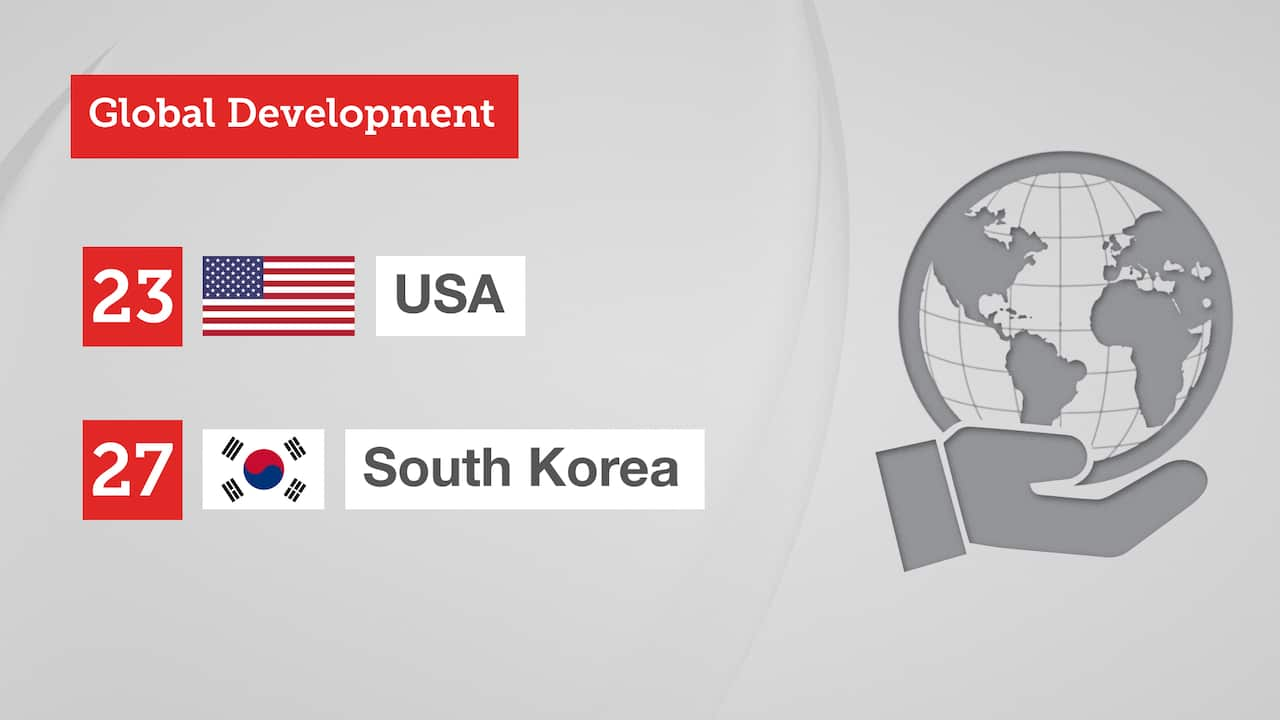Australia ranks 14th out of the world's 27 richest countries in terms of how its domestic policies improve lives in the developing world, a report has revealed.
Nonprofit the Center for Global Development examined policies on aid, finance, technology, environment, trade, security and migration to compile the 2018 Commitment to Development Index, released on Tuesday.

Source: SBS News
Australia ranked in the bottom half of the table, although it jumped four spots compared to last year due to improvements in two areas, including trade.
"We ranked them third overall [on trade]," Center for Global Development senior policy fellow Ian Mitchell told SBS News.
"They have very low tariffs against all countries, but especially core ones [including] low agricultural subsidies".
Australia also scored well on "aid quality".
"In terms of reducing burdens and giving to poor parts of the world ... Australia improved its score," Mr Mitchell said.

Source: SBS News
How did other countries fare?
Sweden topped the rankings, scoring well across the board, especially for foreign aid donations. Australia only gave a quarter of the foreign aid Sweden does in a year.
In terms of migration, Australia was listed as one of the world's most successful countries for adapting international students, but it failed in other ways.
"I think that's one area within migration, where again Australia, for such a large country and such a populous country, the number of refugees it actually takes in proportion to the global amount is relatively low," Mr Mitchell said.

Refugees Mohammad, 17, Aryana, 2 1/2 months old, his mother and little brother Amirparsa, 11, are pictured on Nauru. Source: AAP
Policy expert Shyamal Chowdhury from the University of Sydney said Australia needed to improve the effectiveness of its policies, as opposed to spending more money or changing them.
"When it comes to refugees I completely understand there's a lot of domestic issues there but again how we treat refugees, without increasing the number of refugees, we can treat them better for instance," he said.
"So we don't have to increase the number for instance, we can still do better in that area."
Germany was listed among the top three countries for the first time in the index's history, with significant improvements in aid, migration and for having some of the world's most open trade regimes. The United States ranked 23rd.

Source: SBS News
2018 Commitment to Development Index
1. Sweden
2. Denmark
3* Finland
3* Germany
5* Luxembourg
5* Netherlands
7. France
8. United Kingdom
9. Portugal
10. Belgium
11. Austria
12. Norway
13. New Zealand
14. Australia
15. Italy
16. Spain
17. Canada
18. Ireland
19. Czech Republic
20. Slovak Republic
21. Switzerland
22. Hungary
23. United States
24. Japan
25. Poland
26. Greece
27. South Korea
What next?
Australia's overall ranking suffered primarily because of its lack of action on reducing greenhouse gas emissions, Professor Chowdhury said.
"We have improved a lot so we can definitely do better just focusing on a few areas, for instance improving our environment contribution, that could change a lot because there we are performing really, really poorly,"
Australia also performed poorly around technology, with its 18th position mainly due to relatively low government support for research and development in the sector.
Ian Mitchell said the index should be taken "seriously but not literally".
"Our aim is for countries to compare themselves and their policies on development, and recognise what a country does in development is not just what it gives in aid but also what it does across a range of policy areas," he said.
Professor Chowdhury said Australians should be mindful of the country's global contribution and take action in their own way:
"Australians are generous and we want to be good global citizens ... we can do better and we should do better, and we should be inspired to do better".
Share

